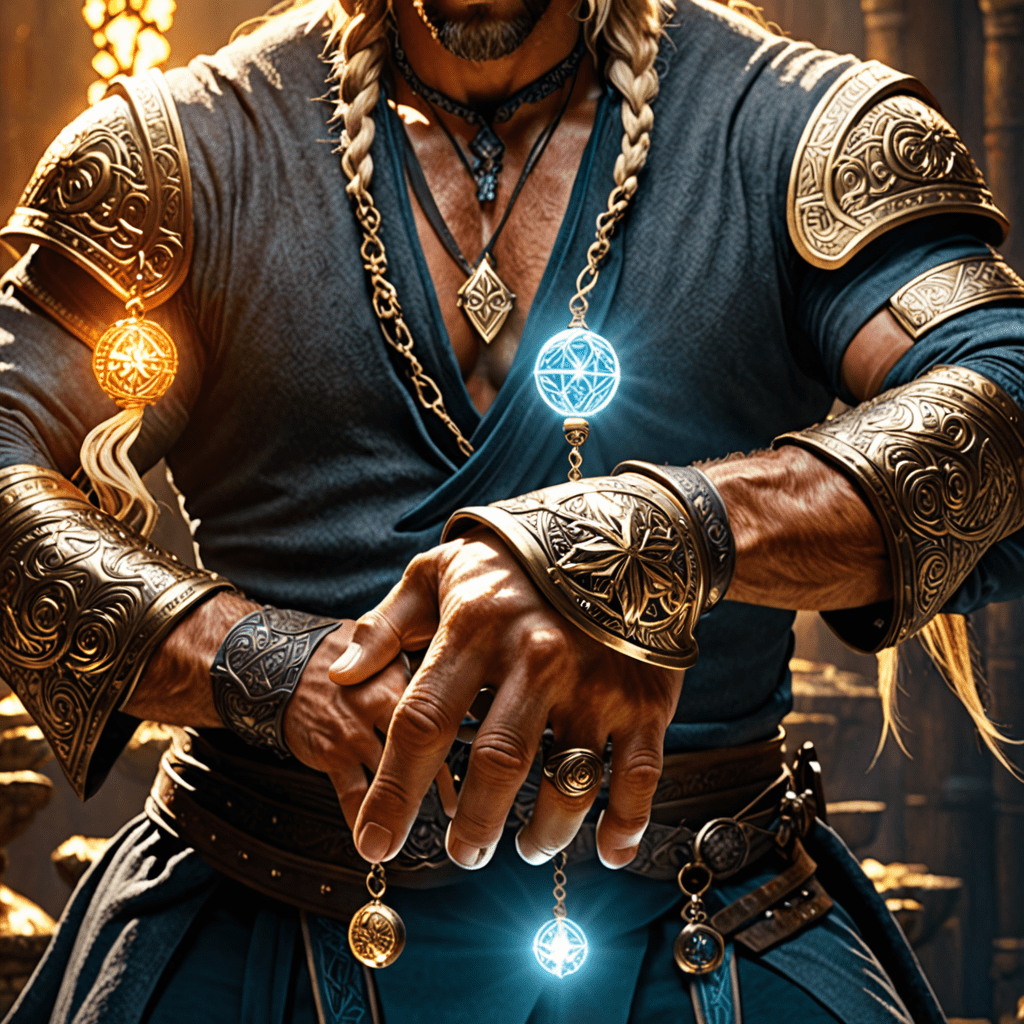The Concept of Fate and Fortune in Norse Mythology
In Norse mythology, the idea of fate and fortune played a crucial role in shaping the lives of both gods and mortals. Understanding these concepts is essential in unraveling the intricacies of this ancient belief system.
The Role of Fate (Wyrd) in Norse Mythology
Central to Norse mythology is the concept of fate, known as ‘Wyrd’. It was believed that every being’s destiny was preordained by the Norns, the three powerful female entities who controlled the threads of fate. Even the gods themselves were subject to the workings of fate, unable to escape the path laid out for them.
The Influence of the Web of Wyrd
The Web of Wyrd, also known as the matrix of fate, symbolized the interconnectedness of past, present, and future events. It served as a visual representation of how actions and decisions made by individuals could impact their destinies and the larger tapestry of existence.
Fortune and Free Will in Norse Mythology
While fate was a powerful force in Norse mythology, the concept of fortune and free will also played a significant role. It was believed that individuals had a degree of agency in shaping their destinies through their choices and actions, though these were ultimately influenced by the overarching threads of fate.
Exploring the intricate balance between fate, fortune, and free will in Norse mythology reveals a complex belief system that highlights the interplay between cosmic forces and individual agency.
Frequently Asked Questions About the Concept of Fate and Fortune in Norse Mythology
What is the concept of fate in Norse mythology?
In Norse mythology, fate, known as “Wyrd” or “Urðr,” is a prevailing belief that destiny is predetermined by the Norns, the goddesses of fate. The Norns weave the threads of fate that shape the lives of both gods and mortals in the cosmos.
How is fortune viewed in Norse mythology?
Fortune in Norse mythology is often linked to the concept of “ørlǫg,” individual fate or personal destiny. While destiny is seen as predetermined, there is room for individual agency and choices that can influence one’s fortune within the boundaries set by fate.
Is fate in Norse mythology seen as a fixed outcome?
Although fate is depicted as predetermined in Norse mythology, there is also a sense of agency and action that individuals can take. While the overall trajectory of destiny may be set, the actions and choices made by beings can still impact their personal outcomes to some extent.
Are there any specific Norse gods associated with fate and fortune?
The Norns, Urd, Verdandi, and Skuld, are the primary Norse goddesses associated with fate. They reside at the Well of Urðr and determine the destinies of gods and mortals. Additionally, the god Tyr is sometimes





